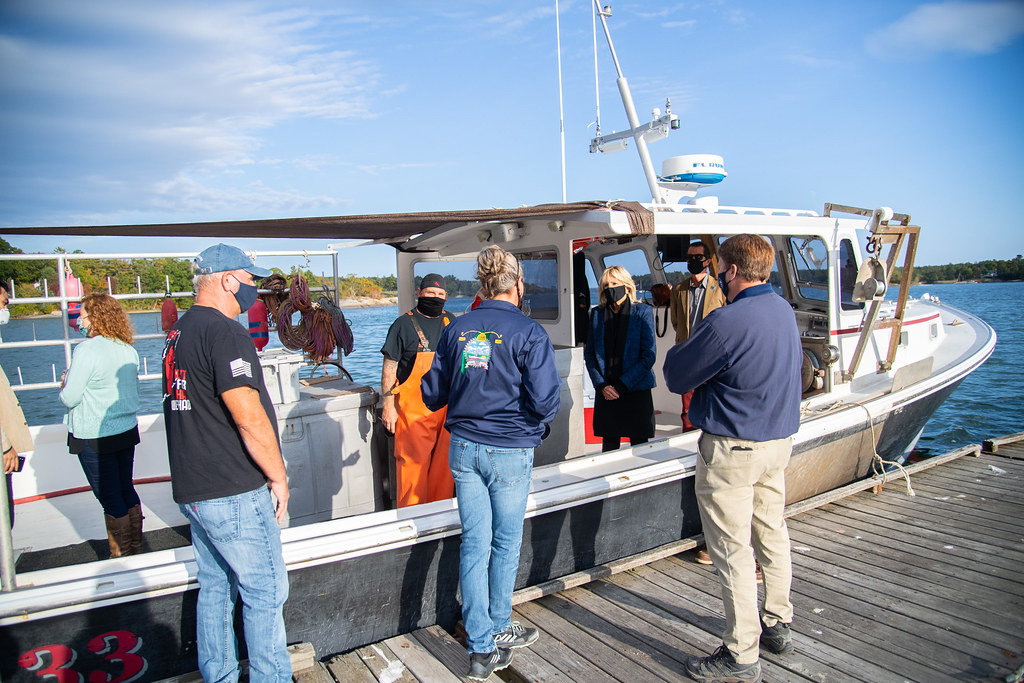Have you ever felt the pressure to engage with every local you encounter while trotting the globe? If you have, you’re not alone. The travel community often buzzes with tales of deep connections made with locals, suggesting that these interactions are the essence of a true travel experience. But let’s pause and ponder for a moment – is it really that simple, or is there a fallacy in this widely accepted travel norm?
The Art of Traveling Authentically
Dive into the heart of this debate, shall we? The idea that travelers must interact with locals to have a ‘genuine’ experience is pervasive in travel forums and stories. It’s almost as if there’s an unwritten rule in the traveler’s handbook stating that your journey is incomplete without these interactions. But here’s a thought – what if you just don’t feel the urge to engage beyond basic politeness? Is that so wrong?
You’re exploring a new city, soaking in the sights and sounds, and you’re content. You exchange smiles with a vendor, nod to a passerby, but you don’t feel compelled to strike up a conversation. And why should you? As one traveler puts it, ‘They’re just going about their day-to-day lives, and I don’t want to bother them.’ This sentiment resonates with many who feel that the expectation to interact can be intrusive, both for the traveler and the local.
Consider the local’s perspective. A person working in a restaurant or someone who’s just finished their shift might not be interested in small talk with a tourist. They’re not part of the scenery or ‘exotic zoo animals that should be studied.’ They’re human beings with their own lives and concerns. When we’re at home, would we appreciate random strangers approaching us, expecting a slice of our time? Probably not. So why assume it’s different anywhere else?
Don’t forget the allure of travel itself. For some, like the couple who loves to travel but is bound by peak vacation times and job responsibilities, travel is an escape, a chance to explore new places – not necessarily to have deep interactions with locals. This doesn’t diminish their experience; it’s just a different way of traveling. And that’s okay.
Travel forums serve as a mini vacation for many, offering a glimpse into places yet to be explored. They’re a source of excitement and anticipation, not a checklist of ‘must-have local encounters.’ For those who dream of visiting far-off destinations like China or Africa, the forums are a treasure trove of information, not a mandate on how to travel.
The notion that one’s travel is more profound because of local interactions is a part of the ‘one-upping’ that can occur within the travel community. It’s a competitive edge that some use to claim their travels are superior. But travel isn’t a competition. It’s a personal journey, unique to each individual.
As we grow and our priorities shift, so do our travel preferences. What seemed essential at 28 may not hold the same weight at 38. It’s natural for views to evolve, and there’s no shame in admitting that our approach to travel has changed over time.
What about the fallacy of interacting with locals? When we talk about these interactions, are we referring to genuine connections or merely surface-level exchanges with service industry workers? It’s easy to mistake a friendly chat with a taxi driver or a helpful hotel concierge as a meaningful local interaction. But are these paid professionals truly representative of the local populace?
Tourists often rave about stepping out of their comfort zones, yet they may not venture far from the tourist trail. Whether it’s a luxury hotel or a hostel bar filled with fellow travelers, these environments don’t necessarily foster authentic local encounters. It’s a common misconception that by simply being in a place, one is immersing themselves in the local culture.
The truth is, real interactions with locals require effort. They happen when you put yourself in situations where genuine exchanges can occur – not just with those in the tourism industry, but with everyday people living their lives. It’s about being open, friendly, and willing to step into the unknown.
Be clear: there’s no right or wrong way to travel. Whether you seek out local interactions or prefer to observe from a distance, your travel experience is valid. It’s not about ticking off boxes or meeting expectations; it’s about what feels right for you.
The most memorable travel stories often involve people – not just any people, but those who’ve made a heartfelt impact on our journey. These stories aren’t born from forced interactions but from genuine moments of connection that happen organically.
As we navigate the world of travel, let’s remember that our experiences are our own. We can admire the beauty of a place, enjoy its offerings, and respect its people without the pressure to engage more deeply than we’re comfortable with. After all, travel is about discovery – and sometimes, that means discovering how we like to experience the world on our own terms.

Understanding and Respecting Boundaries
Embarking on a journey to foreign lands can be an exhilarating experience, filled with the promise of new sights, sounds, and cultures. Yet, the question of whether to engage with local people while traveling is a deeply personal one, and there’s no one-size-fits-all answer. In this section, we’ll explore the art of traveling authentically without the pressure of forcing local encounters, and how to embrace the world on your own terms.
Traveling authentically means different things to different people. For some, it’s about diving headfirst into the local culture, language, and daily life. For others, it’s about observing and appreciating these differences from a respectful distance. The beauty of travel lies in its diversity – the freedom to choose how we experience the world around us.
When we travel, we’re often encouraged to step out of our comfort zones. This can be a transformative experience, but it’s important to remember that comfort zones exist for a reason. They are our psychological safety nets, and it’s perfectly acceptable to honor them while traveling. After all, the goal of travel is to enjoy the experience, not to stress ourselves out by feeling obligated to interact in ways that don’t feel natural to us.
The idea that we must engage with locals to have an ‘authentic’ travel experience is a myth that needs debunking. Authenticity isn’t measured by the number of local hands we shake or the depth of conversations we have with street vendors. It’s about the genuineness of our experiences and the respect we show to the places and people we visit.
Let’s consider the notion of ‘exotic zoo animals that should be studied,’ as mentioned in the context. This perspective is problematic because it objectifies local people, reducing them to mere attractions in our personal travel narrative. Instead, we should view locals as individuals with their own lives and stories, deserving of the same privacy and respect we expect in our daily lives.
For those who prefer to travel without deep local interactions, there are countless ways to immerse oneself in a new environment. Appreciating architecture, trying local cuisine, and observing cultural practices can all be done without intruding on the personal space of the local population. It’s about finding a balance that works for you.
The forums that serve as a ‘mini vacation’ for many travelers are a testament to the varied ways people enjoy travel. They offer a platform for sharing experiences and tips, not for dictating how one should travel. Whether you’re dreaming of China, Africa, or any other destination, these forums should inspire, not impose.
It’s also worth noting that travel preferences change over time. What excites us at one stage in our lives may not hold the same appeal later on. This evolution is natural and should be embraced. As we grow, so does our understanding of what we want from our travel experiences.
The fallacy of interacting with locals often stems from a superficial understanding of what constitutes a ‘real’ local interaction. A friendly chat with a service industry worker is pleasant and can be a highlight of a trip, but it doesn’t necessarily reflect the broader local culture. True local interactions are often unplanned and occur when we least expect them.

For those who do seek out local interactions, it’s important to approach these encounters with sensitivity and openness. Genuine connections are formed when we meet people on equal footing, without expectations or preconceived notions. It’s about being present, listening, and sharing – not about ticking off an item on a travel checklist.
The art of traveling without forcing local encounters is about understanding and respecting both our own boundaries and those of the people in the places we visit. It’s about crafting a travel experience that is true to ourselves, whether that involves chatting with every local we meet or simply enjoying the ambiance of a new place. Travel is a personal journey, and there’s no wrong way to embark on it, as long as we do so with respect and an open heart.
Remember, the most profound travel experiences often come from the unexpected – a breathtaking view, a moment of quiet reflection, or a spontaneous act of kindness. These are the moments that stay with us, shaping our memories and our understanding of the world. So, travel in the way that feels right to you, and let the journey unfold in its own unique and beautiful way.
Related posts:
The Fallacy of Interacting with Locals
Why and How to Help Locals When Travelling
How (and why) to travel alone





